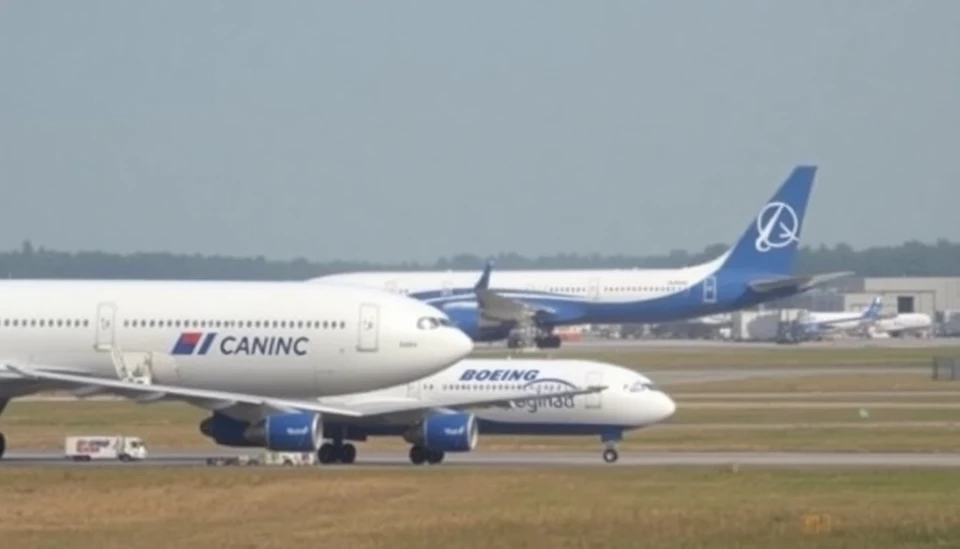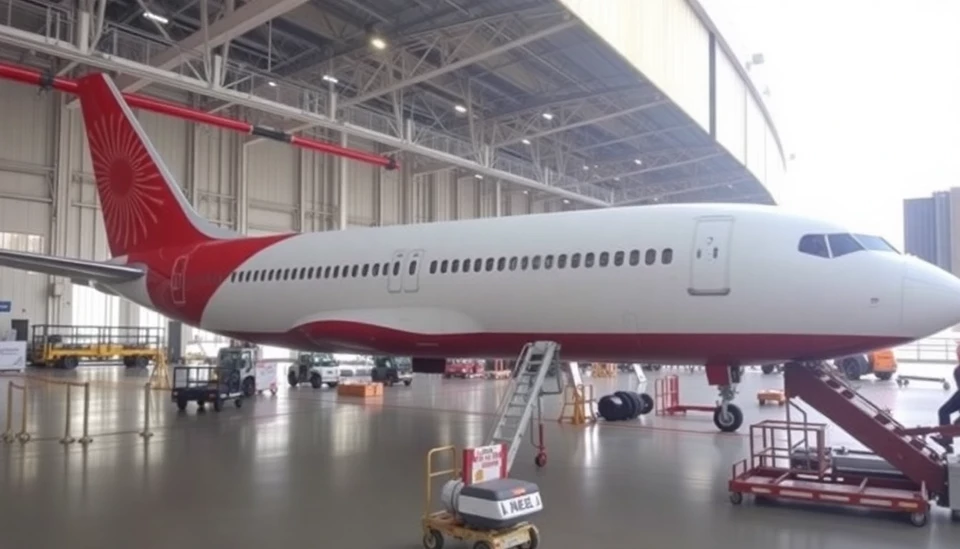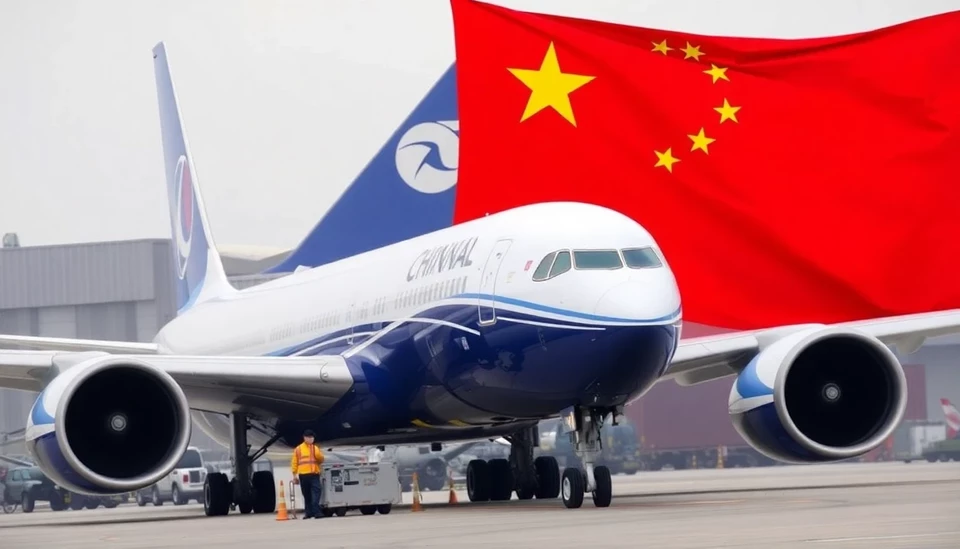
In a striking development from one of the world’s leading aerospace manufacturers, Boeing has adopted a more aggressive stance in its negotiations with labor unions, specifically the International Association of Machinists and Aerospace Workers (IAM). This shift comes as both sides engage in discussions surrounding contentious contract negotiations that have been ongoing for several months. Insiders suggest that Boeing's latest approach signals a deterioration in what was already a tense relationship with its workforce representatives.
The crux of the matter lies in the accusation from the IAM that Boeing has engaged in "bad faith" bargaining. This term generally refers to an unwillingness to compromise or come to a fair agreement, and it has now surfaced as both Boeing and IAM representatives prepare for scheduled negotiations. Labor leaders argue that Boeing's refusal to consider reasonable requests from union members not only undermines the negotiations but also sets a concerning precedent for labor relations within the aerospace industry.
IAM's spokesperson emphasized that the union represents thousands of workers who rely on fair negotiation practices to secure their livelihood and job security. "We are here to negotiate in good faith, but we cannot tolerate tactics that serve to undermine the very interests of the workers we represent," the spokesperson stated, reflecting the frustration shared among union officials.
In response, Boeing has made it clear that it believes it is operating within the bounds of lawful negotiation practices. The company asserts that the rights of workers are being respected and that the current strategy is in alignment with its business needs. A statement released from Boeing suggested that the company is committed to reaching an agreement but is unwilling to concede to what they describe as non-negotiable terms presented by the union.
This situation comes at a precarious time for Boeing, which is still dealing with the fallout from past production issues and safety crises that have tarnished its reputation. As a significant player in the global market, the company's actions and decisions here are closely monitored not only by those directly involved but also by industry analysts and the marketplace at large. Investors are particularly concerned that ongoing labor disputes could potentially disrupt operations further, impacting production schedules for aircraft deliveries, which have already been subject to delays.
As the deadline for a contract conclusion draws nearer, both parties appear to be hardening their positions. The IAM has organized several rallies and informational pickets to raise awareness among workers about their ongoing challenges with Boeing. These grassroots efforts seem geared toward energizing the workforce and reinforcing solidarity amongst union members.
In conclusion, Boeing's heightened rhetoric and the IAM's fierce advocacy have set the stage for a high-stakes negotiation process that will require careful attention from stakeholders on all sides. The resolution of this impasse remains uncertain, but the implications for labor relations at Boeing will undoubtedly ripple throughout the industry.
#Boeing #IAM #LaborRelations #UnionNegotiations #Aerospace #IndustrialAction #GoodFaithBargaining #EmployeeRights #AviationNews
Author: John Harris




